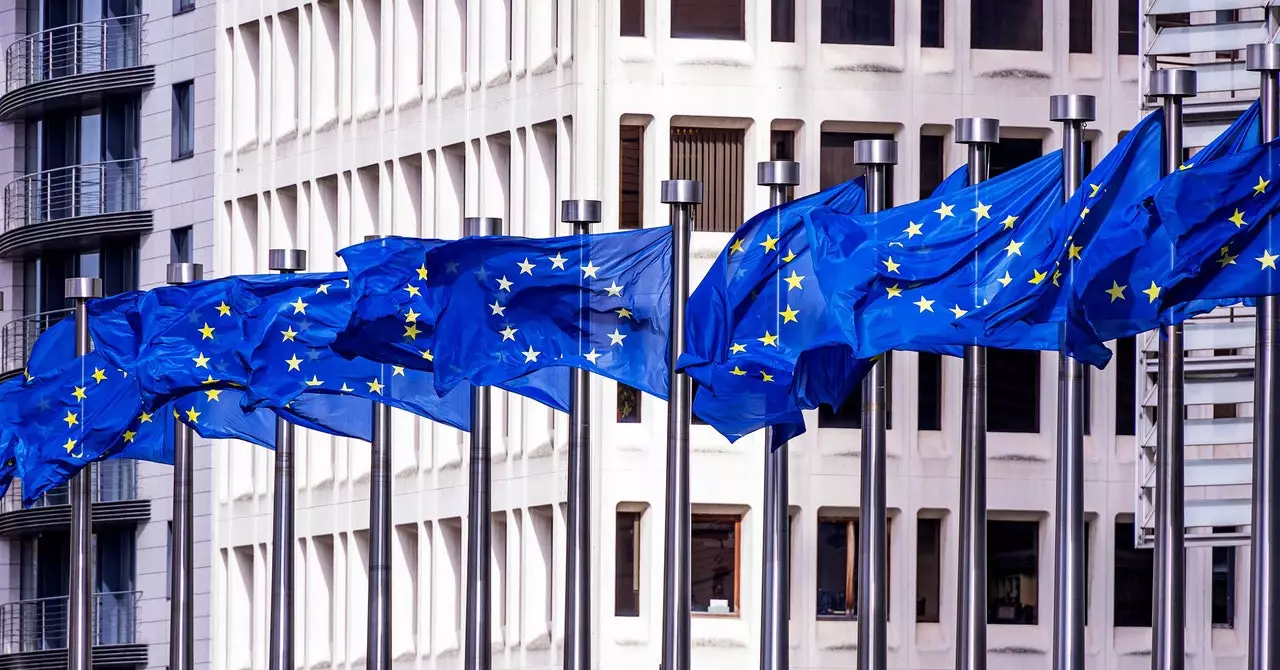The European Commission has recently challenged Microsoft’s search engine, Bing, regarding its failure to properly moderate content produced by generative AI systems. This latest duel is part of a series of actions taken by Brussels against major digital giants based in the US and China. The European Commission is aiming to enforce transparency and regulations on Big Tech companies before resorting to fines.
Unlike previous sanctions against Google, Meta, and Apple, the European Commission is now adopting a new strategy when dealing with Big Tech companies. Instead of immediately imposing fines, it is focusing on understanding how these companies operate, and making necessary modifications to their practices. The Digital Services Act is an example of this approach, seeking to promote transparency in algorithms, fight online harassment and disinformation, protect minors, and eliminate dark patterns on the web.
The European Commission has identified 22 multinational companies, including Google, Meta, Bing, X, Snapchat, and others, as the primary focus of its regulatory efforts. These companies are under pressure to comply with European regulations and cooperate with the Commission’s oversight. For instance, the Commission has opened investigations into Meta’s protection of minors on Facebook and Instagram, and Bing’s content moderation practices.
In addition to the Digital Services Act, the European Commission has introduced other regulations such as the Digital Markets Act, the AI Act, the Data Governance Act, and the Data Act. These regulations address data protection, the use of data in the public and private sectors, as well as the dominance of Big Tech in online markets. The Commission is also working on cybersecurity measures, digital resilience in finance and insurance, and digital identity verification.
Challenges and Uncertainties
While the European Commission’s actions attract media attention and reflect its determination to regulate Big Tech companies, the future remains uncertain and complex. The digital bureaucracy within the EU is vast and intricate, posing challenges in enforcing regulations effectively. Despite successful actions such as ByteDance’s suspension of certain features on TikTok Lite in response to regulatory concerns, the landscape of digital governance in Europe is constantly evolving.
Overall, the European Commission’s approach to regulating Big Tech signifies a shift towards proactive enforcement and closer scrutiny of digital practices. By focusing on transparency, data protection, and user safety, the Commission aims to create a more accountable digital environment for companies and consumers alike. As the digital landscape continues to evolve, the Commission’s regulatory efforts will play a crucial role in shaping the future of technology in Europe.


Leave a Reply
You must be logged in to post a comment.